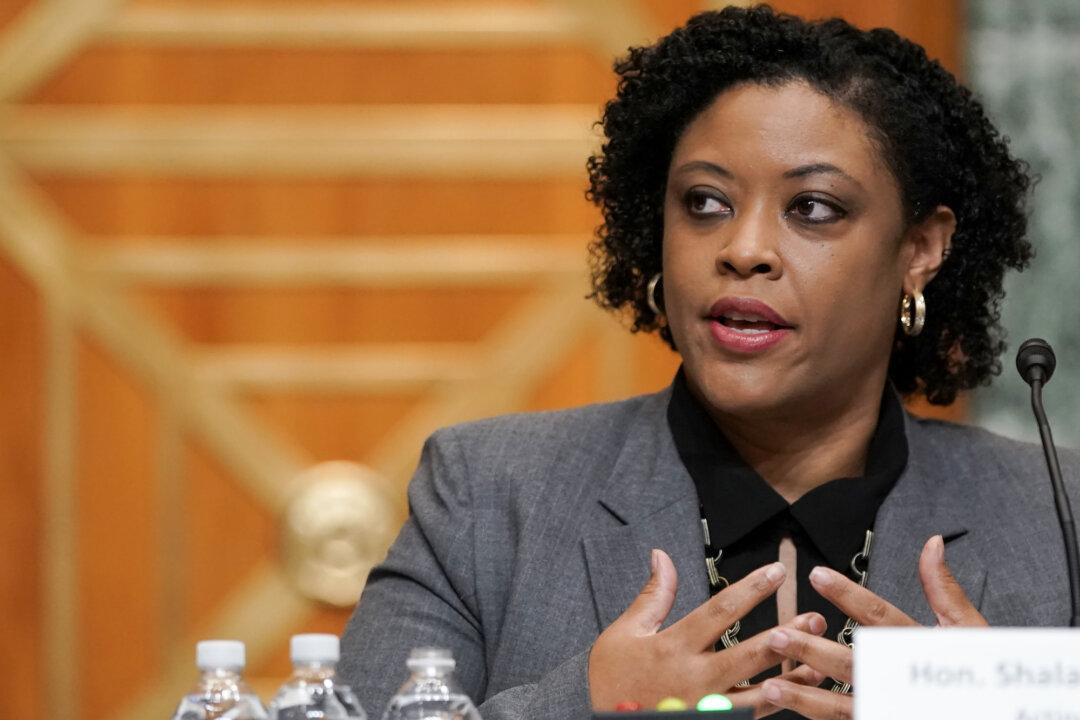Acting White House budget director Shalanda Young told a Senate committee hearing Tuesday that President Joe Biden’s proposed $6 trillion spending plans are at risk unless Congress approves associated tax hikes.
Young made the remarks while testifying at a Senate Budget Committee hearing on Biden’s fiscal year 2022 budget proposal, which calls for a sharp ramp-up of non-defense domestic spending while raising taxes on corporations and the wealthiest Americans, and boosting IRS enforcement to crack down on tax evasion.





